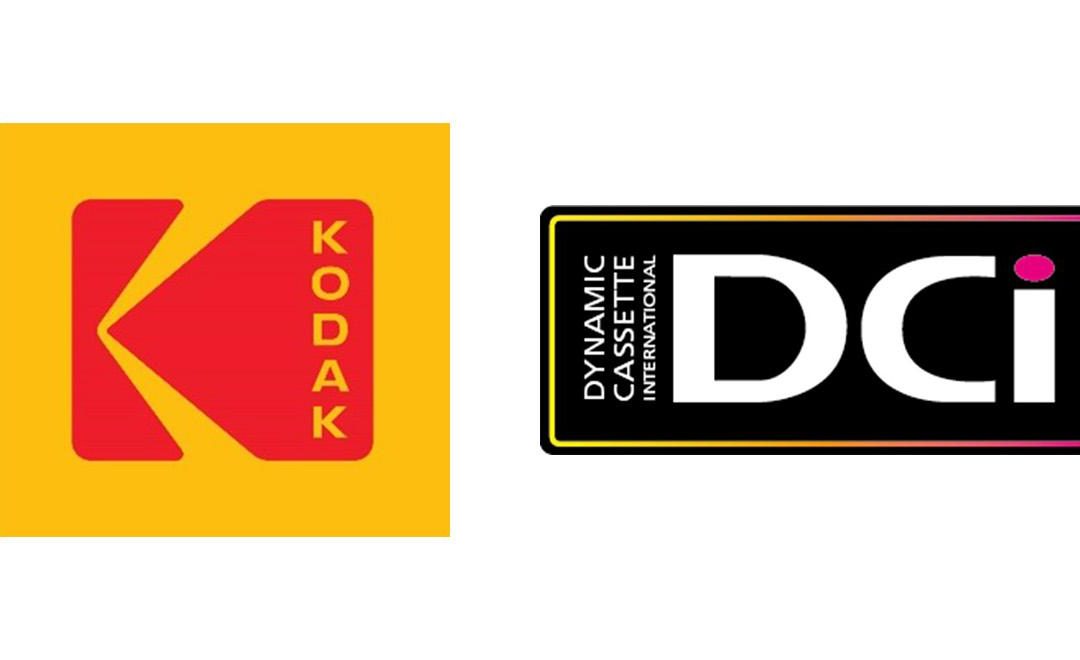 An unintended consequence of coronavirus-induced lockdowns around the world has been a renewed emphasis on sustainability, with clear skies over normally polluted cities being a key highlight, according to Kyocera.
An unintended consequence of coronavirus-induced lockdowns around the world has been a renewed emphasis on sustainability, with clear skies over normally polluted cities being a key highlight, according to Kyocera.
While reduced air pollution is evidently a huge positive, the increase in remote working also has enormous potential to help businesses better balance their reliance on consumable resources with the use of digital technologies, the company added.
For several weeks now, the majority of UK offices have been empty. The inevitable impact of this has been a significant reduction in the use of resources such as paper for printing, as well as lower demand for electricity to power large office buildings. For Kyocera, the fact that so many businesses have been able to maintain a sense of continuity, despite moving to an almost entirely remote-based system, underlines the fact that companies no longer need these physical, office-based resources as much as they used to.
Joe Doyle, Group Marketing Director at Kyocera Document Solutions UK, said: “As governments set out their plans for loosening restrictions, we’re already seeing plans being put in place to help maintain some of the unintended environmental benefits of lockdown – such as proposals to permanently pedestrianise certain streets in city centres.
“Meanwhile, we’ve seen a huge increase in the use of ICT services, such as unified communications and cloud-based document management software. The advantages that remote working provides have been seen on a wider scale than ever before, so businesses now have a great opportunity to transform their operations, streamline their consumption of disposable resources, and make themselves more sustainable in the long term.”
For Doyle, now is the time for organisations to plan for a future working environment that is much more flexible in how and where employees work. This will require not just allowing home working on more of a frequent basis, but also ensuring that the company’s technological backbone is robust enough to cope with this new office dynamic.
He added: “Even as we gradually make our way back into our offices, we’ll likely see a permanent increase in remote working. Many of us have become much more digitally minded in the last couple of months, and we’ve realised that it’s much easier than we think to use resources like paper more responsibly. With this in mind, organisations should work hard to ensure they have comprehensive systems in place to deliver technologies such as UC, document management and productivity software both reliably and consistently.”
Doyle concluded: “The role of the office does, of course, remain vitally important, and many companies and employees will be delighted to get back and regain access to facilities such as printing for a number of crucial tasks. The lesson to learn from lockdown, however, is that we can be much more nuanced in the way we use physical resources. We’ve seen a real-life digital transformation happen before our eyes, so we now have a chance to leave a positive legacy by using this to inform our sustainability strategies for years to come.”








